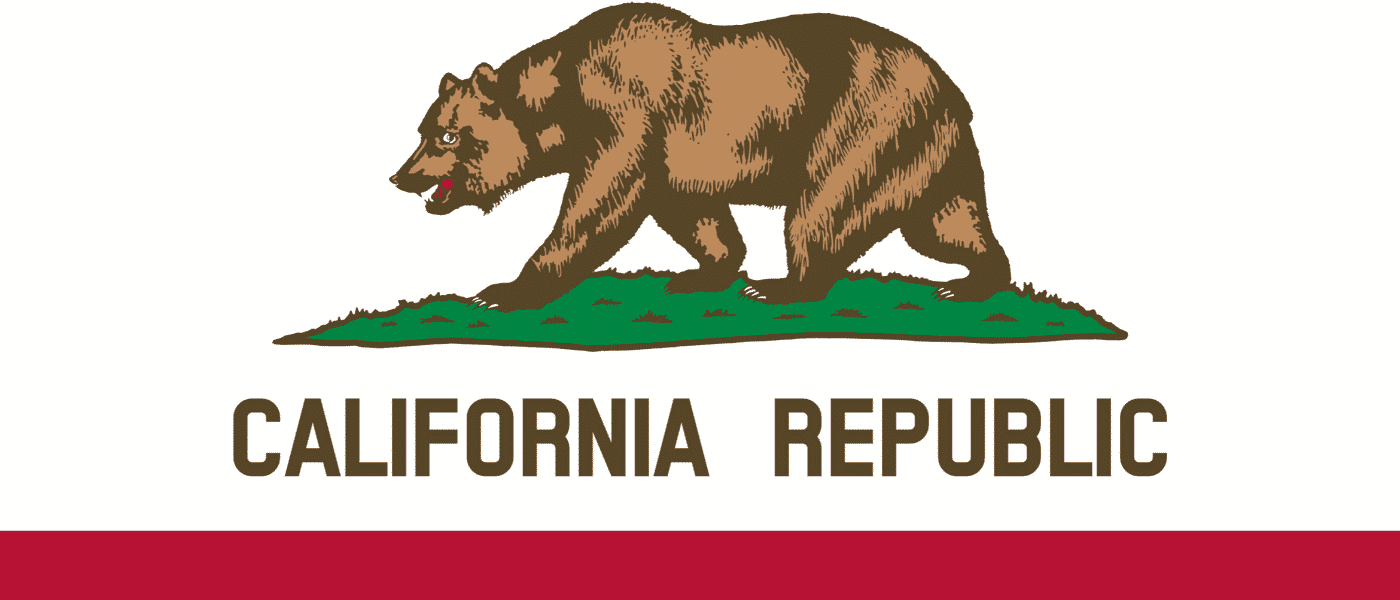California Sports Betting Takes Shape: Key Facts to Know

California sports betting, once again, made headlines when lawmakers last week filed an updated constitutional amendment that would permit online as well as retail wagering at more than 60 Native American casinos and horse tracks.
And, like the previous efforts, sports betting in California is still far from a reality.
With an initial vote set for this week, here’s what you need to know about the latest chances for California sports betting.
Why This New Bill is Important
Sponsored by Sen. Bill Dodd, chair of the Governmental Organization Committee, this proposal creates the latest roadmap for legal wagering in what is far and away America’s most populated state. His chairmanship also gives the bill a springboard as it begins the long journey from his committee to the full California State Senate and possibly the State Assembly.
From a macro perspective, a sports betting bill in California is important just by the nature of being a path to legal betting in the world’s fifth-largest economy.
And, along with nearly 40 million residents, California’s population is younger and more connected to the internet than the national average, demographic trends that are favorable for sports bettors.
California is also home to many of America’s most high-profile technology and entertainment companies, both industries which could further accelerate sports betting’s acceptance into mainstream U.S. culture. Adding all that to a host of iconic college and professional sports teams makes California the dream market for U.S. betting.
With California on board, not only would sports betting operators have a massive new client base, but a new cornerstone for nationwide expansion. Global industry experts expect the U.S. to be far and away the largest sports betting market in the world, but that won’t happen until California is on board.
Key Bill Details
The constitutional amendment would not just legalize online sports betting but create a solid regulatory framework.
The tribes and horse tracks (as well as one satellite facility per track) would be eligible for an online sports betting license. Assuming full participation, California would likely have one of if not the highest number of online sports betting skins.
Retail taxes would be set at 10% of gross gaming revenue, in line with the national median average. Online wagering, which would almost assuredly make up the bulk of total betting handle in California, would be taxed at 15% GGR. An additional 1% GGR directed for problem gambling services would be added to both, creating an effective rate of 11% and 16%, respectively.
Additionally, bettors would have to be at least 21 years old. Bets on in-state and out-of-state college teams would be permitted.
However, the amendment would include mandates largely opposed by the industry. Operators would have to pay sports leagues for in-play betting data at “commercially reasonable terms.” Online sportsbooks would also have to one-time $5 million fee and an annual $1 million fee.
Why Doesn’t California Have Sports Betting?
The technical reason is the state constitution forbids gambling (hence the need for a voter-backed amendment). Though the state has carved out exemptions for a government-run lottery, commercial card rooms, and tribal gaming on sovereign lands, sports betting is still subject to a constitutional change.
In a more practical sense, sports betting hasn’t been brought to voters because of battles between the tribes and the cardrooms.
For 20 years, the cardrooms and tribes have disagreed over what type of games the cardrooms can offer. The tribes argue a 2000 constitutional amendment gives them exclusive rights to certain types of card games, but the cardrooms have continued to offer a modified version of the games for years that they argue don’t violate the referendum.
Both contribute millions in taxes annually and both have powerful backers in the statehouse. Politically, California is one of the most homogeneous states in the country. Instead, the fault line for gaming is between those who back the cardrooms and those who back the tribes.
This impasse has, so far, been enough to thwart any sports betting bill from even getting a vote on either the Assembly or Senate floor.
Why Is There Momentum Now?
California sports betting is getting renewed attention because the state is scrambling for new revenues after the COVID-19 outbreak led to billions of dollars in lost funds and new expenses.
The updated constitutional amendment legislation mentions economic shortfalls multiple times. It says sports betting could generate “billions of dollars in economic activity” and would result in “hundreds of millions in new annual taxes.”
Based on its population and demographics, California could generate more than $100 million in annual taxes with a robust online market. However, even in a best-case scenario sports betting wouldn’t begin until 2021, and it could still take years to reach full maturity.
In the meantime, the state faces a projected budget deficit of more than $50 billion – and a June 15 deadline to ratify said budget.
The Senate committee has only Dodd’s amendment on the agenda Tuesday, a good sign the chair feels the bill will advance. From there, it will likely go through further committee review and possibly a vote before the whole Senate floor.
Will This California Sports Betting Bill Pass?
In short, probably not.
Politically, the tribes have already come out against the bill. Though it gives them permission to offer sports betting as well as roulette and dice games, the amendment would let the cardrooms continue to offer the card games in the same manner that the tribe has spent decades opposing.
At least for now, it appears tribal leaders are unwilling to accept sports betting (typically a small portion of casino revenues) and even roulette and dice games if it means the cardrooms can continue using proposition players for banked card games.
Logistically, passing such an amendment is a daunting prospect. It must clear two-thirds votes in both the Senate and Assembly, a difficult task for any legislation. With the tribes already against the bill, it comes even more difficult.
Then the amendment would still have to be approved by voters. Though sports betting has gained acceptance from a larger percentage of Americans in recent years, a public vote is never a sure bet.
Are There Any Hopes?
The budget crisis has lawmakers in California (and across the country) scrambling for new revenues sources. Especially in states such as California with large, existing gaming infrastructures, sports betting is a (relatively) straightforward way to garner more money.
That doesn’t change the differences between the tribes and cardrooms. Both groups are facing major economic difficulties of their own after months of shutdowns, but neither has so far backed down on their position.
The language in the amendment is clearly designed to garner support from otherwise ambivalent or opposed lawmakers hoping to find new revenue streams. If the budget crunch is motivation enough to convince legislators remains to be seen, but wagering backers in Sacramento clearly believe there is an opportunity to do so before the budget is finalized later this month.
Ryan Butler is a legislation analyst for BettingUSA.com specializing in US sports betting legislation. Ryan breaks down the latest bills in each state to ensure our readers are up-to-date on where their states sit on sports betting. You’ll often find Ryan listening to committee hearings or preparing for the latest legislation based conference.







